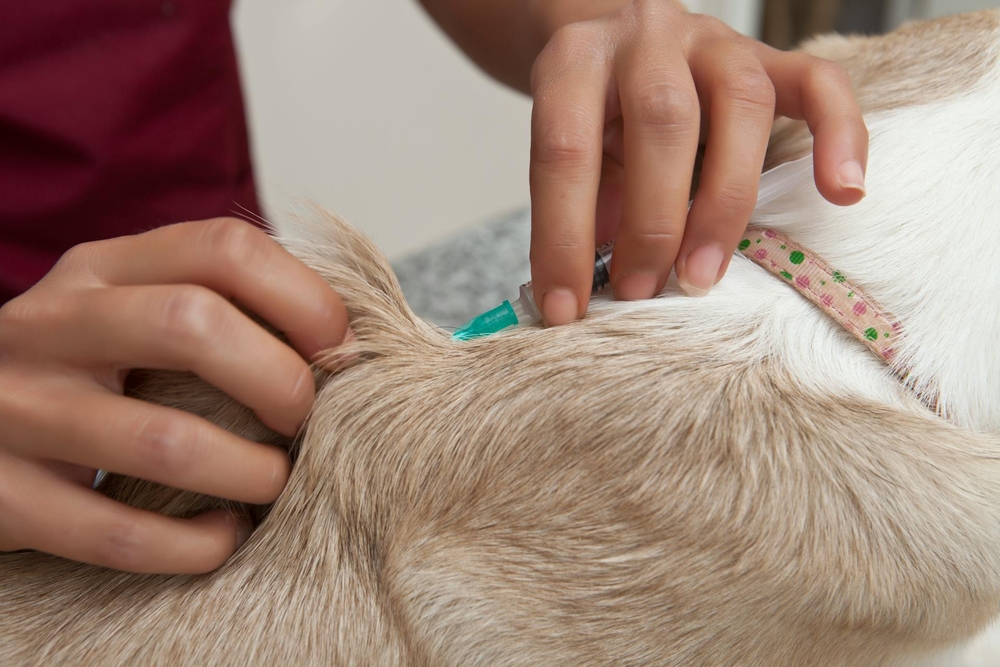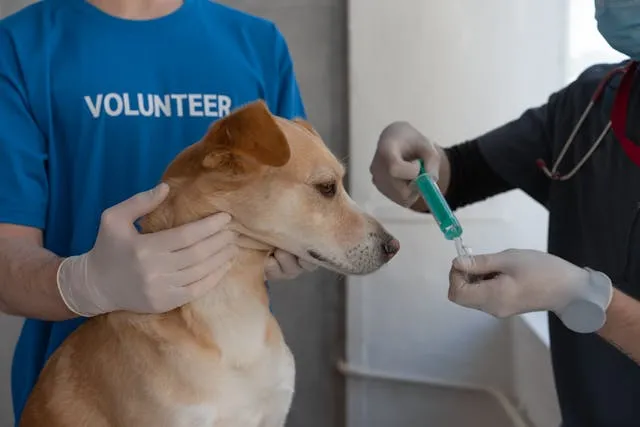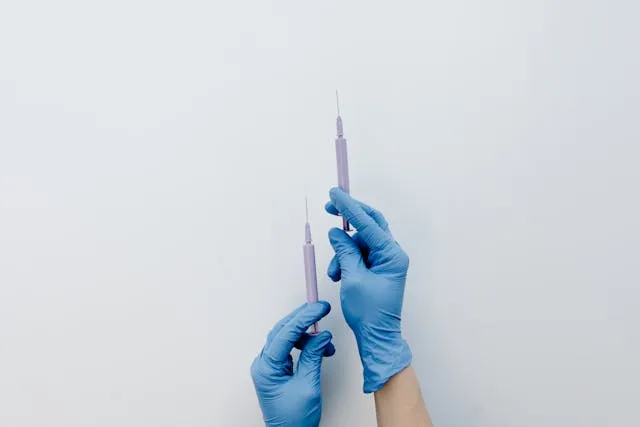Published
- 3 min read
Vaccination in Pets

Vaccination in pets is a fundamental aspect of responsible care for our four-legged friends. Keeping your pet’s vaccination schedule up-to-date not only protects their health but also helps prevent the spread of infectious diseases that can affect other animals and, in some cases, humans.
Why is it important to vaccinate pets?
Vaccines are crucial for preventing serious and potentially deadly diseases such as distemper, parvovirus, rabies, and leptospirosis in dogs, or feline leukemia and calicivirus in cats. These diseases can have devastating consequences, from severe health problems to death, and many of them have no cure once contracted. Vaccination is the first line of defense against these dangers.

A dog being vaccinated in a veterinary clinic.
When should a pet be vaccinated?
The vaccination process begins when they are puppies or kittens. Dogs and cats typically receive their first vaccines around six to eight weeks of age, with boosters at regular intervals until they reach adulthood. After the initial series, it is essential to keep vaccinations up-to-date with annual boosters or as recommended by the veterinarian.
Essential and optional vaccines
There are vaccines considered essential, or “core,” and others that are optional, depending on the pet’s lifestyle and environment. For example:
-
Essential vaccines for dogs: Distemper, parvovirus, hepatitis, and rabies.
-
Optional vaccines for dogs: Bordetella (kennel cough), leptospirosis, and Lyme disease.
-
Essential vaccines for cats: Panleukopenia (feline distemper), calicivirus, feline herpesvirus, and rabies.
-
Optional vaccines for cats: Feline leukemia, chlamydia, and feline infectious peritonitis.

Vaccines
Myths and realities about pet vaccination
Despite the importance of vaccines, many myths still surround them. One of the most common is that vaccines can be dangerous and cause diseases in pets. While it is true that, like any medical procedure, vaccines can have side effects, these are generally mild and temporary, such as fever or lethargy. Severe reactions are extremely rare, and the benefits far outweigh the risks.
Conclusion
Vaccination is an essential part of preventive health care for pets. Protecting your dog or cat through vaccination not only ensures their well-being but also contributes to public health by preventing the spread of diseases. Consult your veterinarian about the best vaccination plan for your pet and make sure to adhere to the recommended schedule. Your pet will thank you with many years of healthy companionship!
Thank you for taking the time to read this article. We hope you found it helpful!
This article solely reflects the author’s opinion and should not be taken as professional advice.